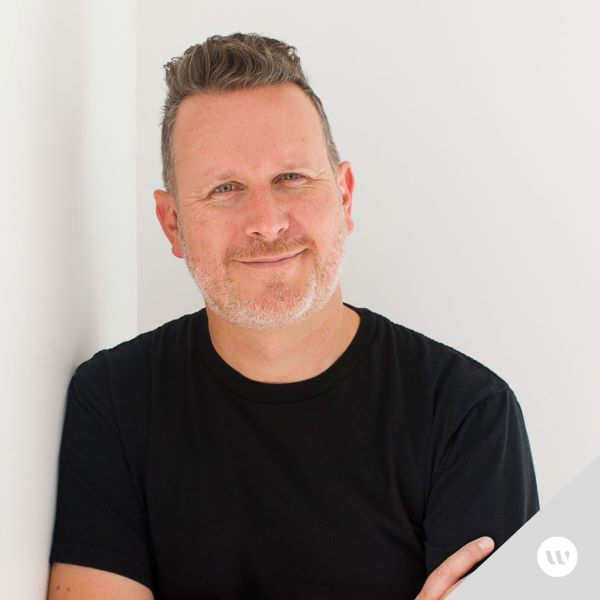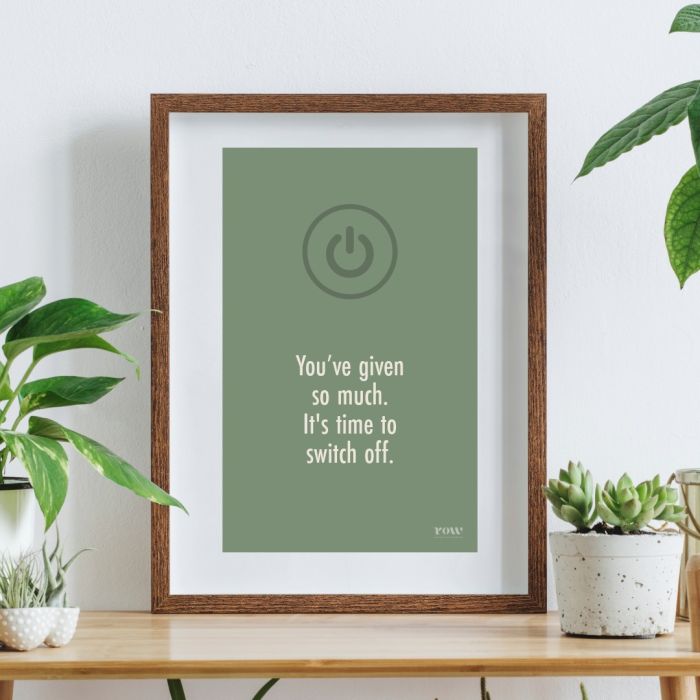The idea of 'duvet days' - those unplanned mental health breaks - is catching on in workplaces, but can CEOs really take them?
To explore this idea, Revolutionaries of Wellbeing (ROW) recently canvassed CEOs from different industries about their openness to taking a 'duvet day'. The findings were striking: although many were willing to respond, very few felt comfortable actually taking mental health days or being publicly named in the process. This highlights the significant pressure CEOs face, despite efforts to normalise mental health discussions.
Todd Scott, owner of the National Business Review (NBR) and a key figure in New Zealand’s media, shared with ROW that previous experience taught him "it's something that you hide, and it's a very lonely, hidden challenge."
Scott recounts concealing struggles from superiors and staff in the past, noting, “The last thing that my boss would have wanted to have known is that I had any mental health issues because I wouldn’t have lasted long.”
"You cannot allow for anybody to feel like you're not on top of your game or you have any doubts in yourself, your business, or your strategy," he says.
After the New Zealand rugby team's recent loss, Todd Scott, owner of NBR, highlights the importance of 'duvet days' for mental health, reminding us that even the best need a break sometimes.
the Hidden cost behind closed doors
Scott’s experience resonates with other leaders ROW spoke to, reflecting just how isolating mental health struggles can be at the top.
Want to read more?
Sign in below if you're a Revolutionary (member).
Not a member yet?
Join in seconds! Just $10/month (+ any tax).
Cancel anytime.
Be a revolutionary and join now










